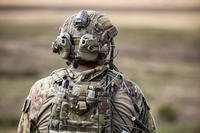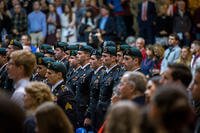In 1997, retired Army Gen. Colin Powell told an audience he had been privileged to come into the military at a time when most segregation barriers had fallen. But "while I was privileged," he said, "I will never forget those who went before me and those who were willing to serve their country which was not willing to serve them."
Seated next to Powell during the speech was a quiet, dignified man named Vernon Baker. The World War II veteran from St. Maries, Idaho, was one of seven black soldiers awarded the Medal of Honor in 1997 for deeds long past. A then-segregated Army had ignored their achievements. Baker was the only one of the group still alive to accept the honor.
Baker, who enlisted in 1941, was selected for Officer Candidate School shortly after Pearl Harbor. In April 1945, he found himself in a firefight on an Italian mountainside. He took out German gun posts and killed nine enemy soldiers with a gun and hand grenades, an action that the Army rewarded with the Distinguished Service Cross.
Five decades later, he was astonished when the Army called to tell him his medal was being considered for an upgrade to the Medal of Honor.
But his surprise was swept aside by anger when he read declassified Army performance reports that described blacks as "unsuited for combat" and spoke of "black cowardice." "In my unit, there were no cowards," Baker snapped to a journalist in 1996. "We fought, and men in my platoon died."
Yet Baker remains loyal to superiors and subordinates both black and white. In accepting his medal, he said: "As I look out, I don't see color. I see America. America, I love you."

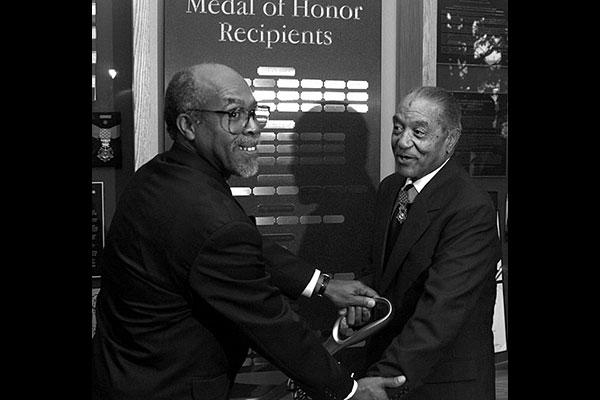








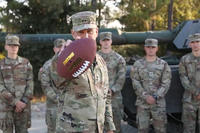
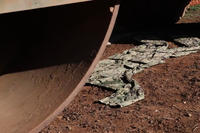
.png.jpg?itok=nzmdKJW7)
